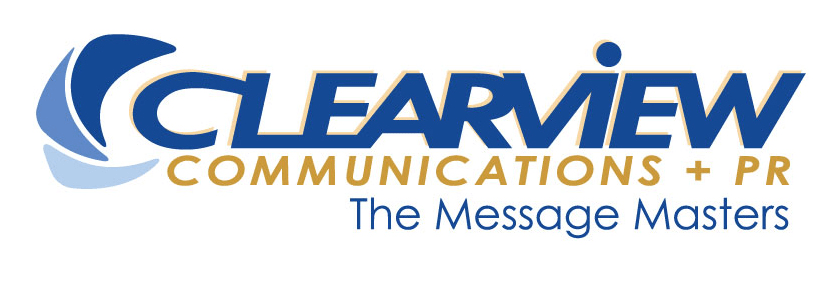
How to Strengthen Your Leadership Powers Through Self-knowledge
Is it a case of “everything old is new again,” or “great advice is timeless”?
My new year’s resolution to study more of the writings of distinguished business developers resulted in a pre-dawn mental shock this morning when I was struck by the uncanny similarities between the messaging of Dr. William Anton in his seminal work, Business Success Through Self Knowledge, and that of sales guru Jeffrey Gitomer in his Little Red Book of Selling.
Yes, the two sages could not be more dissimilar in their methods of instruction, their philosophies of guidance and the actual words they use. Here’s what hit me so hard –
Gitomer, page 45 in The Little Red Book: “Be selfish. Do it for yourself. Selfish wins. In order for you to be the best you can be for others, first you must be best for yourself…your shortcomings in all of your endeavors stem from the fact you’re not being the best person you can be first.”
Declared like a Marine drill instructor, right?
Anton, page 50 in the Preface of Business Success: “Leaders who have only limited access to their own potential can unknowingly disrupt the entire enterprise, but leaders who are committed to broadening access to their own potential through increasing their self-knowledge are in an optimal position to improve the quality and level of performance in their organization.”
Offered like a scholarly professor, an erudite philosopher, right?
What the drill instructor and the erudite philosopher have in common is their very compatible conclusions that leaders must practice constant introspection to understand the why of every action the take or inaction they don’t.
That’s because, as I understand them (with apologies, Bill and Jeffrey), our leadership decisions are persuaded by mental models developed over our lifespan that are applied by our subconscious during the decision-making processes. If we don’t understand ourselves – the why of our actions, the mental models affecting our behavior – we cannot fully assess the constructive or destructive results of those decisions; and not only in the workplace, but in all human relationships.
His Dad Was Like a Salesman
I am reminded of the time I was called in to provide persuasive messaging for the head of one of the largest agencies of the federal government who was preparing to go before the U.S. House Appropriations Committee to argue for his agency’s budget increase for the coming fiscal year. Simply, I learned very quickly, he didn’t want to do it. During our sessions, he refused to cooperate in our role-playing, avoided embracing the principles of assertive persuasion, provided timid responses to the challenging questions we anticipated from the committee members, and in general just wanted to escape the session and leave the room.
I thought to myself, “Here is the head of a huge federal agency that needs 100s of millions of dollars to continue to meet its obligations to the American people, and he’s dodging the responsibility to aggressively go after those dollars.”
I looked him in the eye and asked, “What’s wrong?”
Silently, I waited a full half minute for the reply, which came in a whisper: “My father was a salesman and I hated it. I’m not that.”
The response had arisen from deep within the shadows of his past, squeezed from his subconscious. We both paused in silence to allow this discovery to manifest itself fully. “I’m ready,” he said. “Let’s proceed.”
A month later, a note popped up from him in my e-mail inbox with the subject line CONGRESSIONAL BUDGET HEARING. Reluctantly, fearfully, I clicked it open.
“Andy,” he wrote, “I went right after the Secretary of State’s people and I did great. We got it. Thank you.”
